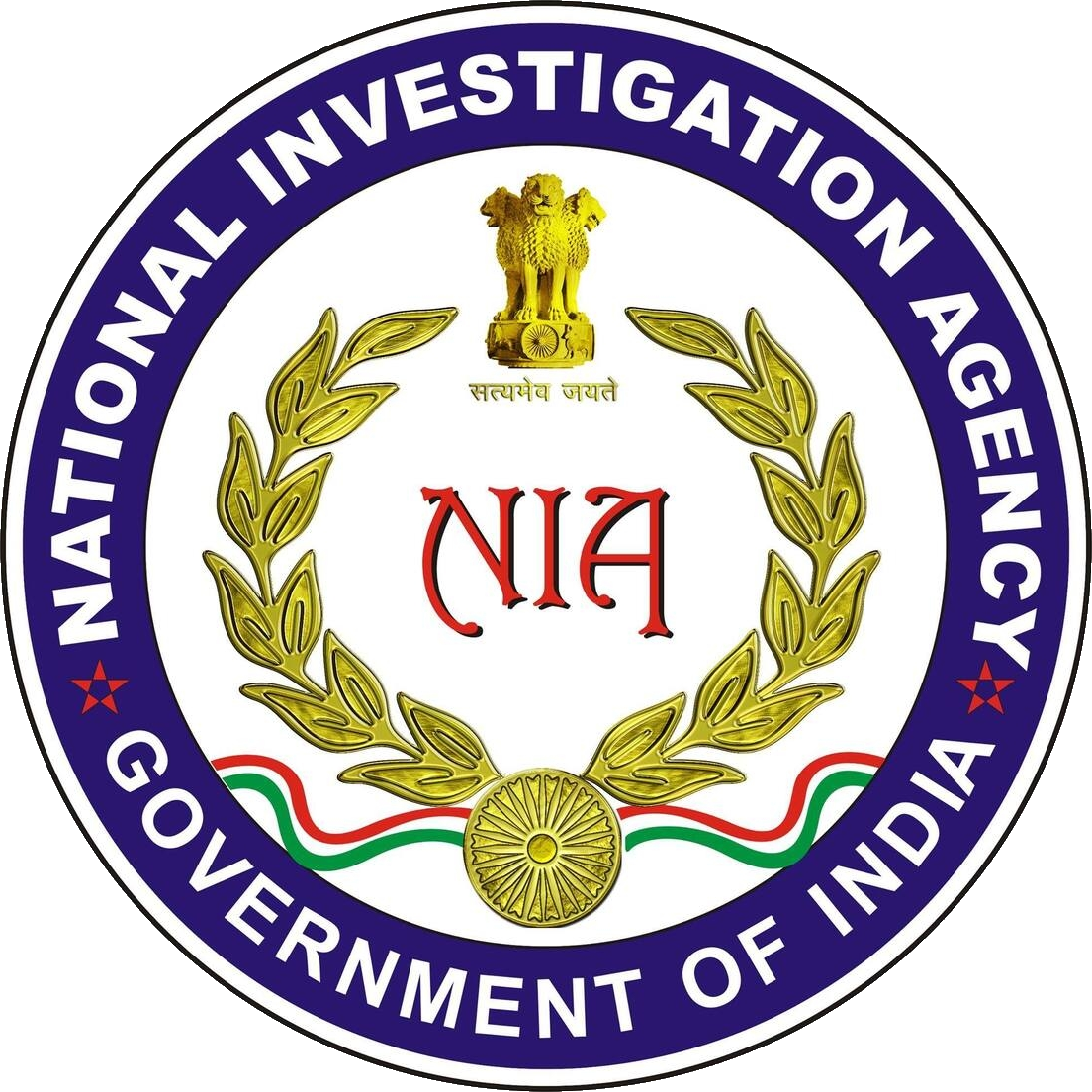News Highlight
The National Investigation Agency (NIA) launched a search operation against groups, including the Popular Front of India (PFI).
Key Takeaway
- The searches were conducted by Enforcement Directorate (ED), NIA, and state police forces across 93 locations in 15 states on top PFI leaders and members in 5 cases.
The Popular Front of India (PFI)
- The PFI is an organisation in India. It was formed in 2006 as a successor to National Development Front and merged with the Manitha Neethi Pasarai, Karnataka Forum for Dignity and other organisations.
- The organisation has various wings to cater to different sections of society, including the National Women’s Front (NWF) and the Campus Front of India (CFI).
The National Investigation Agency (NIA).
- The NIA is the primary counter-terrorist task force in India.
- Formation – By National Investigation Agency (NIA) Act, 2008. (a statutory body)
- Ministry – Ministry of Home Affairs.
- Headquarters – New Delhi
- Regional Offices – Hyderabad, Guwahati, Kochi, Lucknow, Mumbai, Kolkata, Raipur, and Jammu.
Origin of the NIA
- For the past few years, India has witnessed several terror acts causing huge security threats to India.
- Considering this issue, several recommendations are put forward by the various committees, and one notable recommendation is the Administrative Reforms commission.
- Following the 26/11 terrorist attacks in Mumbai, it was introduced by the then-home minister and passed in Parliament with little resistance.
- As a result, on December 31, 2008, the NIA Act was passed, and the National Investigation Agency (NIA) was established.
Aims of the NIA
- It aims to be a highly competent investigation organisation that meets the highest standards around the world.
- By creating a highly-skilled, team-oriented workforce, the NIA hopes to establish benchmarks for excellence in counter-terrorism and other national security-related investigations at the national level.
- It seeks to counter current and potentially terrorist organisations and individuals.
- It aims to become a repository for all data relating to terrorism.
Composition of the NIA
- Officers of the NIA is also deputed from the Indian Police Service and the Indian Revenue Service.
Functions of the NIA
- It investigates the offences related to
- Affects India’s sovereignty, security, and integrity as well as state security and good relations with other countries.
- Against nuclear and atomic power plants.
- Smuggling of counterfeit Indian Currency.
- It puts into effect the conventions, treaties, and resolutions of other international organisations, the United Nations, and its agencies.
- It acts as the Central Counter-Terrorism Law Enforcement Agency.
Mandate of NIA
- In accordance with section VI of the NIA Act, 2008, the cases are given to the NIA by the Central Government.
- The Agency independently conducts the case investigations.
- The NIA Special Court hears the cases after an inquiry.
- The Agency requests permission from the Central Government to prosecute the accused under the Unlawful Activities (Prevention) Act of 1967 (UAPA) and a few other listed offences.
- It has the authority to handle terrorism-related offences in all states without the states’ consent.
Special Court of NIA
- Following Sections 11 and 22 of the NIA Act 2008, the Central Government establishes one or more Special Courts for the trial of Scheduled Offences.
- Composition – A judge to be selected by the Central Government on the suggestion of the Chief Justice of the concerned High Court would preside over the Special Court.
- On the proposal of the Chief Justice of the High Court, the Central Government may, if necessary, appoint one or more additional judges to the Special Court.
NIA Amendment Act, 2019
Content Source: Times of India



